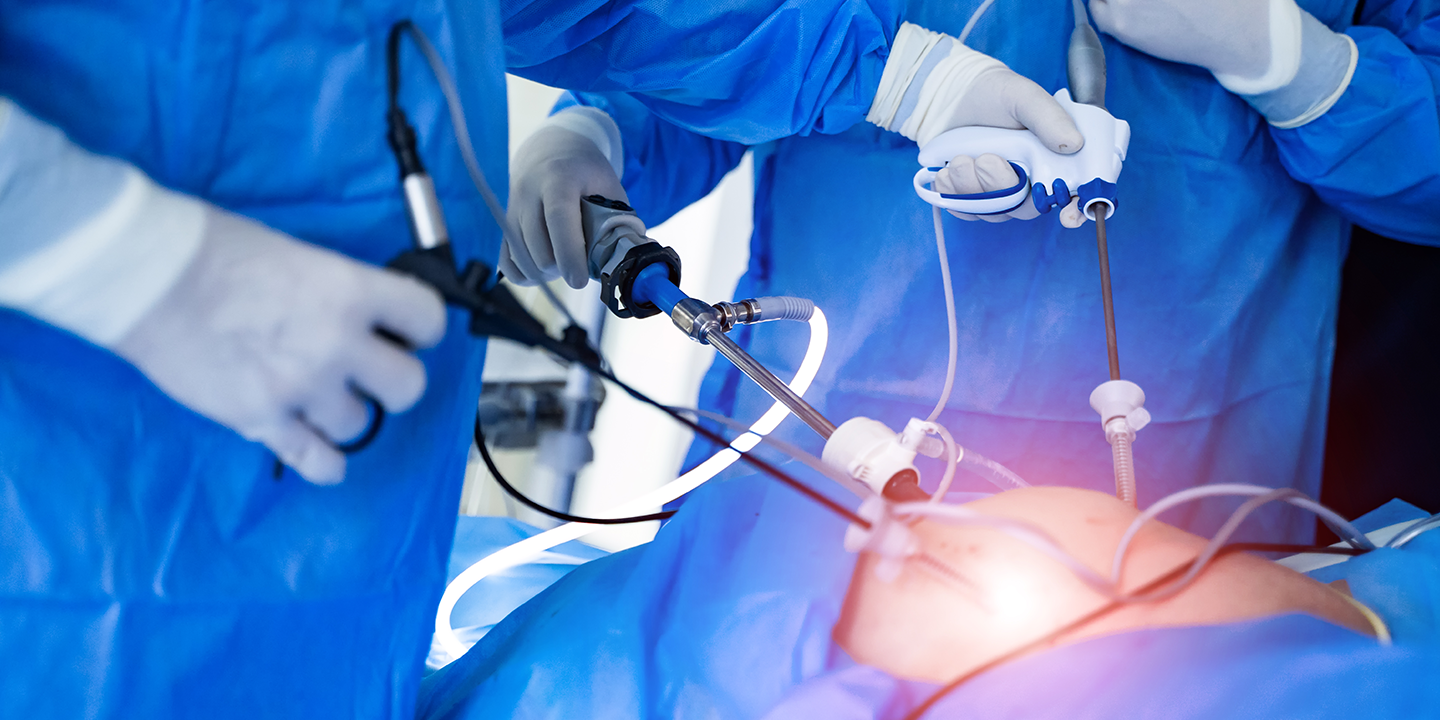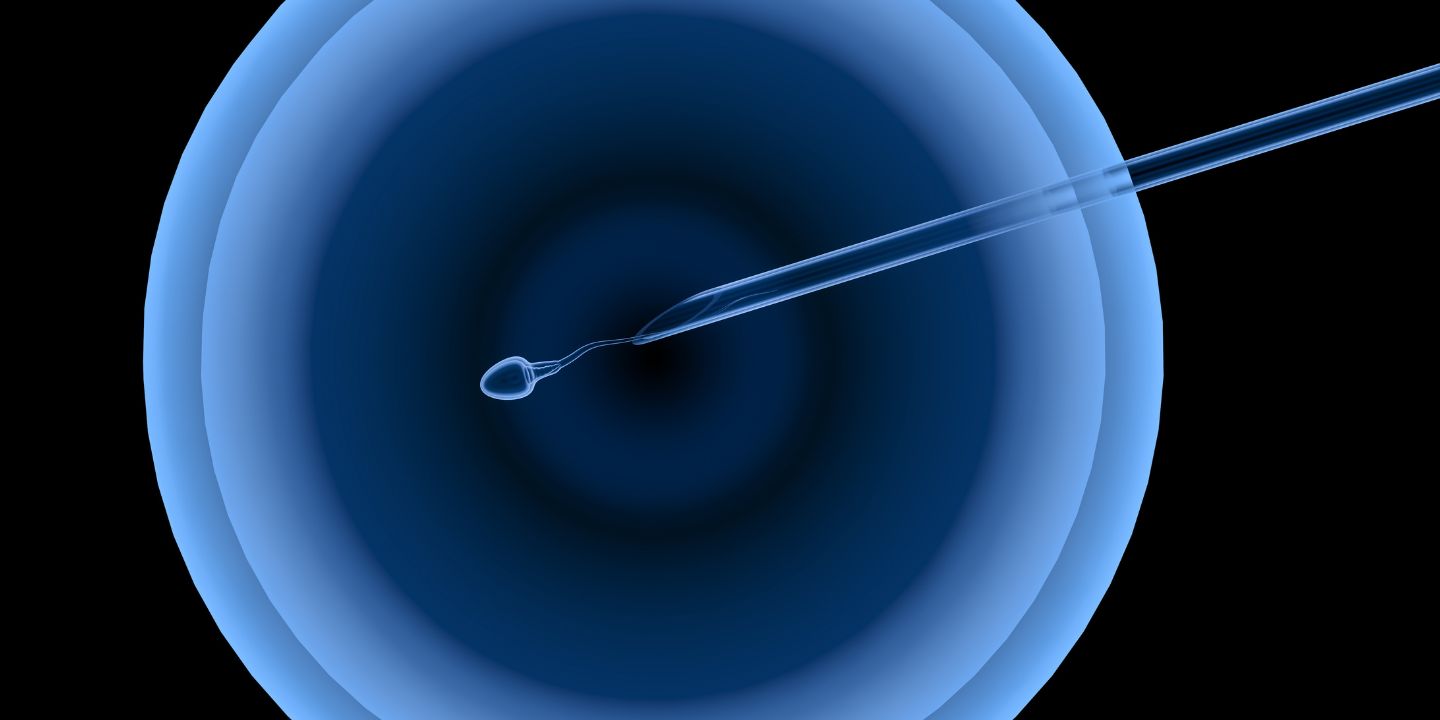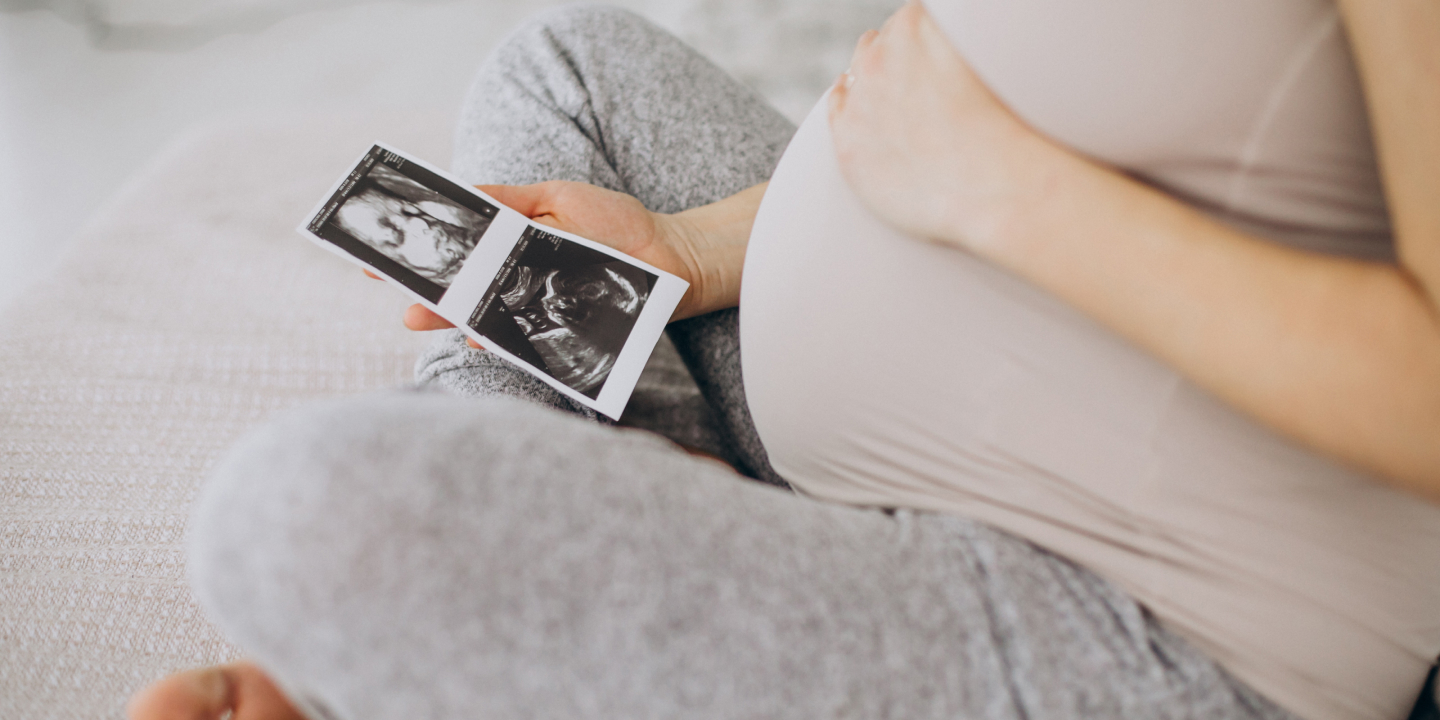
Infertility is a complex and emotionally challenging issue affecting millions of individuals and couples worldwide. While various factors can influence it, age is one of the most prominent and well-established contributors.
It has also been scientifically proven that the element of “age” and “racing against the clock” when it comes to infertility is an issue that women primarily struggle with. This article will delve into the intricate relationship between age and infertility, exploring the impact of age on fertility for both women and men.
Not just that, the article will also explore the correlation between age, infertility, and the IVF chances of success in the whole process.
In this Article
How Does a Women’s Age Affect Infertility?
When it comes to exploring women’s fertility age, there are several factors at play. From the prospect of a biological clock to one’s ability to conceive a baby naturally, there are a lot of things that we have to take into consideration.
So, let us understand each factor in detail:
The significance of the biological clock
The notion of the “biological clock” is often used to describe the natural decline in female fertility with age. If you weren’t aware, every woman is born with a set number of follicles inside the ovaries, which eventually mature with every menstrual cycle, and the quantity and quality of the eggs deplete with age.
Since women are born with a finite number of eggs, the ovarian reserve diminishes as they age. Also, by the time a woman enters her 30s, the decrease in the quantity and quality of the eggs accelerates, leading to elevated risks of infertility or miscarriages.
The impact of age on natural conception
When talking about “natural conception”, it depicts a woman’s ability to conceive a baby with her partner naturally by engaging in unprotected sexual intercourse.
Women in their 20s generally have a good chance of conceiving naturally each month, with about a 25% chance of getting pregnant during their menstrual cycle. However, as women reach their late 20s and early 30s, this probability starts to decline, decreasing significantly after age 35.
For most women, the ability to conceive naturally further depletes when they are 35 years and older.
The impact of age on infertility
The risks of infertility rise with age in women. Before we further discuss this, let us define infertility in medical terms.
Infertility is “the inability to conceive after one year of regular, unprotected intercourse.” So, if you and your partner have been engaging in unprotected sexual intercourse for 12+ months and have yet to get pregnant, that warrants a potential diagnosis of infertility.
The likelihood of infertility significantly rises in women over 35; when it’s over 40, most women experience significant challenges when trying to conceive naturally.
These challenges and shortcomings have also contributed to the rise of assisted reproductive technologies like in-vitro fertilization (IVF).
Related Blog: Effects of Anabolic Steroids on Male and Female Fertility
What Effect Does a Woman’s Age Have on the IVF Procedure?
Now that we have discussed a good deal about female fertility age and how it impacts one’s ability to get pregnant, we must discuss how age influences the success rates of an IVF procedure.
Understanding the correlation between age and IVF success rates
IVF cycles are not cheap, which is one of the reasons why most patients are curious to know about the effectiveness and success rates of an IVF cycle with respect to a woman’s age.
Much like with natural conception, the success rate of an IVF cycle also depends on the intended mother’s age. Unless the intended mother has frozen her eggs during her earlier years, IVF involves retrieving eggs from the woman, and since age has significant impacts on the egg’s quality, older women (35 and above) have lower success rates than women who are younger (in their 20s or early 30s).
When talking about numbers, the success rate of an IVF cycle in women under 35 years is around 40%, while it is around 10% for women above the age of 35 years.
Determining the egg quality and quantity for a successful IVF cycle
One key factor that alters the success rate of an IVF cycle is reduced egg quantity and quality. The eggs retrieved from older women (40s and above) are more likely to have chromosomal abnormalities, making it more difficult for them to develop into healthy embryos.
Moreover, older women also produce fewer eggs during ovarian stimulation and egg retrieval, further limiting the success of the IVF procedure.
This is one of the reasons our specialists at Queen’s Gynecology often advise our patients who want to seek fertility treatments to freeze their eggs when they are younger or opt for IVF or similar procedures early on in their lives instead of waiting until their late 30s or 40s.
Is a Woman’s Age a Factor in Pregnancy Complications?
Besides the chances of getting pregnant by age and having complications with conception, a woman’s age can also affect her pregnancy once she successfully conceives.
Advanced maternal age, typically defined as 35 and older, is associated with an increased risk of various pregnancy complications, affecting the developing fetus and the mother’s well-being.
The following are a few complications worth paying attention to:
- Miscarriage – The higher the maternal age, the higher are the chances of a miscarriage, which primarily due to the higher likelihood of chromosomal abnormalities in the fetus. This isn’t to say that miscarriage doesn’t occur in younger women. However, the risks do significantly rise with the pregnant woman’s age.
- Gestational diabetes – Another common complication often elevated in older pregnant women is the onset of gestational diabetes. If not diagnosed and controlled on time, the condition can lead to a series of complications both for the mother and the baby.
- Hypertension – Studies have found that advanced maternal age also contributes to the risks of high blood pressure in the mother, which often elevates the risks of preeclampsia during pregnancy. This is a severe complication which also leads to fetal death.
- Preterm birth – Women over 35 are also at risk of giving birth to their babies prematurely, which can lead to short-term or long-term health complications for the baby.
- Low birth weight – Older mothers are at a higher risk of delivering babies with low birth weight, which can lead to health concerns for the infant.
This is why open and transparent communication with your gynecologist about the best age to get pregnant is ideal. We often encourage our patients at Queen’s Gynecology to discuss their issues and plans regarding conception and fertility to help them navigate family planning more securely and structuredly.
Related Blog: Artificial Intelligence: A Game Changer in In-Vitro Fertilization (IVF)
Age and Fertility in Men
Not just in the case of women, we also need to pay close attention to the male fertility age. The impact of age on male fertility is generally less pronounced than in women, but it is not insignificant.
Following are a few factors worth discussing:
The correlation between age, sperm quality, and quantity
Sperm production in men is an ongoing process that can persist throughout their lives. However, age can affect a man’s quality and quantity of the sperm they produce. Several older men experience a significant decline in their sperm concentration, motility, and morphology.
The importance of genetic and health factors
Advanced paternal age has also been associated with a slightly higher risk of certain genetic disorders in offspring, although the overall risk is relatively low.
For example, studies indicate that babies born to older fathers are slightly more likely to develop autism and schizophrenia. These aren’t absolute for every case, but a risk deserves to be discussed at length.
The impact of advanced paternal age on IVF
Age can impact male fertility in the context of IVF as well. In cases where IVF is used with intracytoplasmic sperm injection (ICSI), where a single sperm is injected directly into an egg, the sperm’s quality may be of particular concern. In such situations, older men may have sperm with reduced fertilization potential, which can influence IVF outcomes.
Your Age Doesn’t Have to Decide How You Become a Parent
The discussion surrounding age and fertility often instills fear or anxiety in individuals who may wish to become parents later in life. While it is true that age plays an integral role in fertility and conception, many individuals have personal aspirations that they want to achieve before embracing the joy and responsibility of parenthood.
There are several options available that can overcome the challenges that are tied to advanced age and infertility. Some of them include:
Fertility preservation
Medical science has progressed significantly, and assisted reproductive technologies (ART) have transformed how people plan and conceive their children. If you want to preserve your fertility but don’t want to become parents when you are younger, there are options to freeze the eggs and sperm until you are ready to become parents.
Assisted reproductive technologies
We briefly discussed ARTs and how they have revolutionized how people struggling with infertility conceive their children. Advancements in fertility treatments also offer hope to individuals and couples dealing with infertility, regardless of age.
Donor eggs and sperm
For individuals and couples struggling to get pregnant due to the poor quality of their eggs or sperm, there are donor eggs and sperm available that can be a viable option to achieve pregnancy.
Consulting professionals
Infertility is a subject that’s often shrouded with mystery. There could be several factors (besides age) that could be contributing to the issues surrounding a natural conception. This is where consulting leading medical professionals like our team of gynecologists at Queen’s Gynecology can help you figure out what’s wrong and what your ideal treatment route is to overcome the limitations.
Conclusion
Age is undeniably a factor in infertility, significantly impacting both men and women. However, if you are getting infertility treatment and wondering if other factors are also at play besides one’s age, the answer is yes. Infertility is a very complex concept, and while age is a primary contributor, there are other factors worth paying attention to. Your journey to parenthood should never be limited by your age. This is where our team at Queen’s Gynecology is here to support and guide you. We understand that progressing age can be a concern, but our specialists are here to address your concerns and provide relevant treatments so you can embrace the joy of parenthood yourself or your partner.
FAQ’s
Ages above 35 are often marked as “advanced maternal age”; however, that doesn’t mean it is “too old” to get pregnant. Typically, the effectiveness of a pregnancy will depend on the patient’s well-being and reproductive viability.
As discussed throughout the article, age is one of the leading factors contributing to male and female infertility since that’s how our physiological functions are programmed to happen.
Infertility directly correlates with age, especially in the case of women, since progressing age means depleting ovarian reserve and poor quality of the eggs. The same applies to men, too, since advancing age means poor sperm quantity and quality.
The peak time for women to get pregnant is between their 20s and mid-30s. For men, the higher end can also be extrapolated to their 50s.



































































































